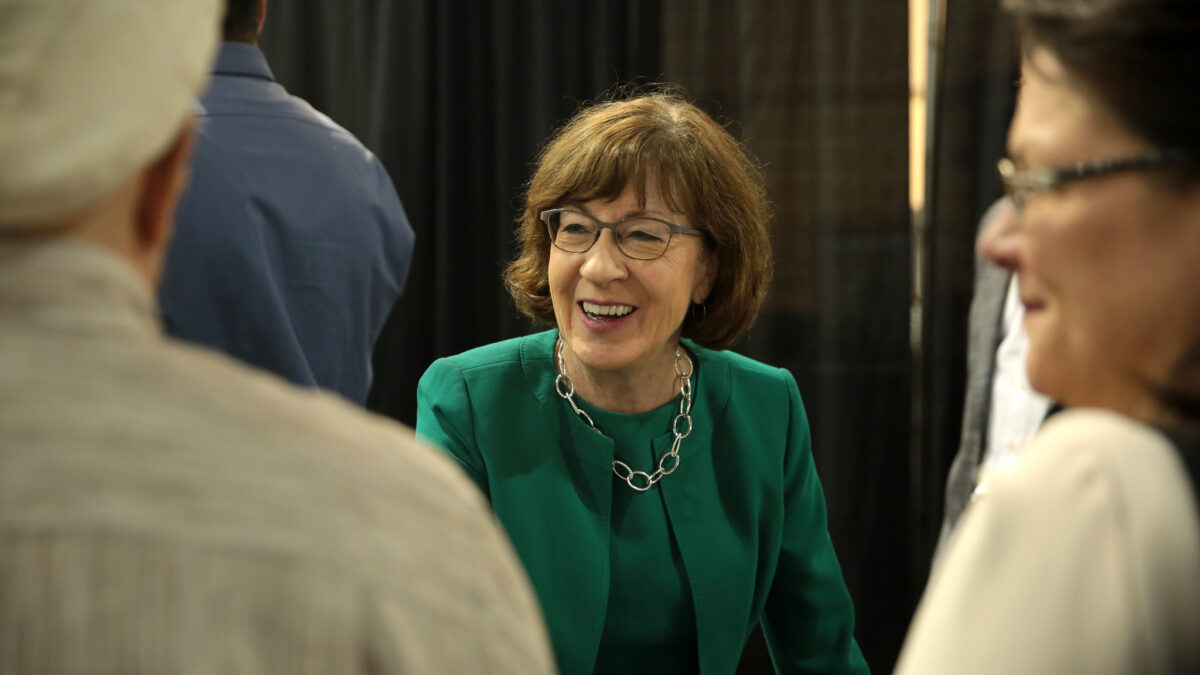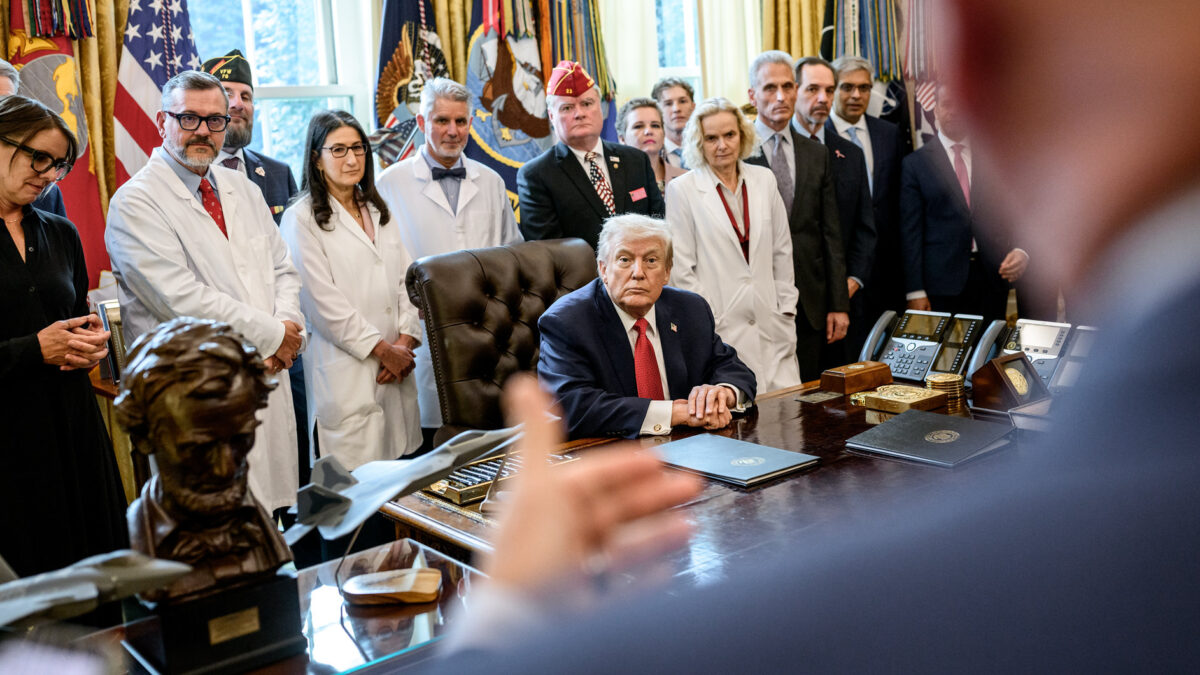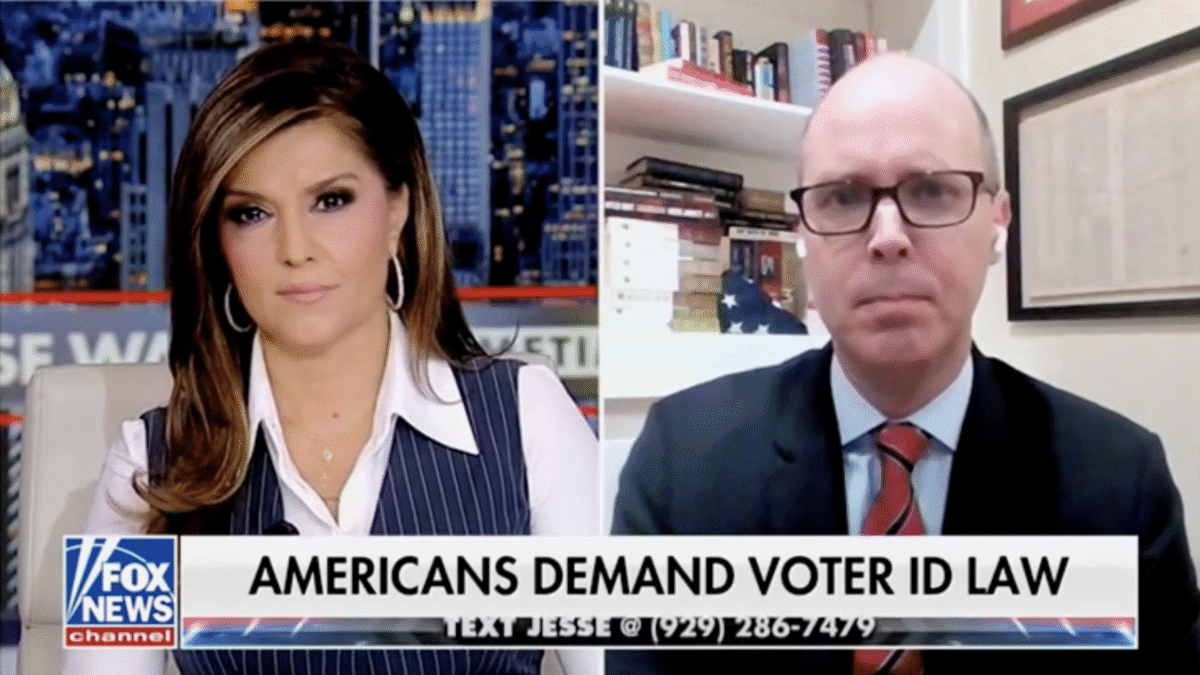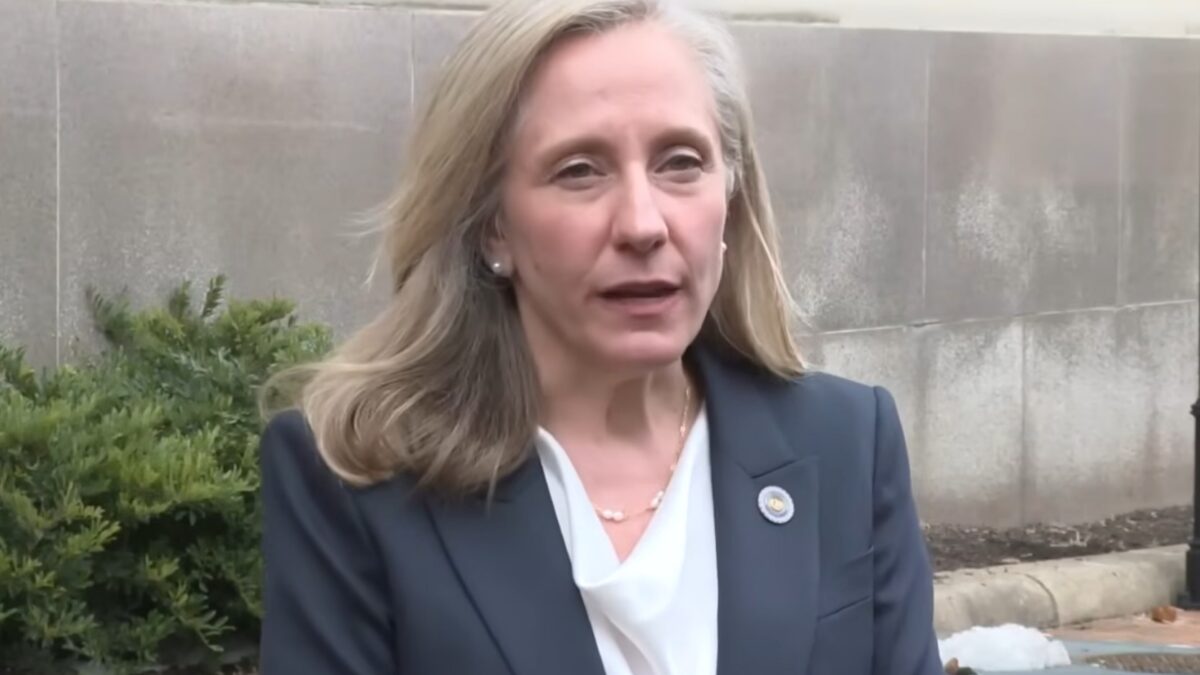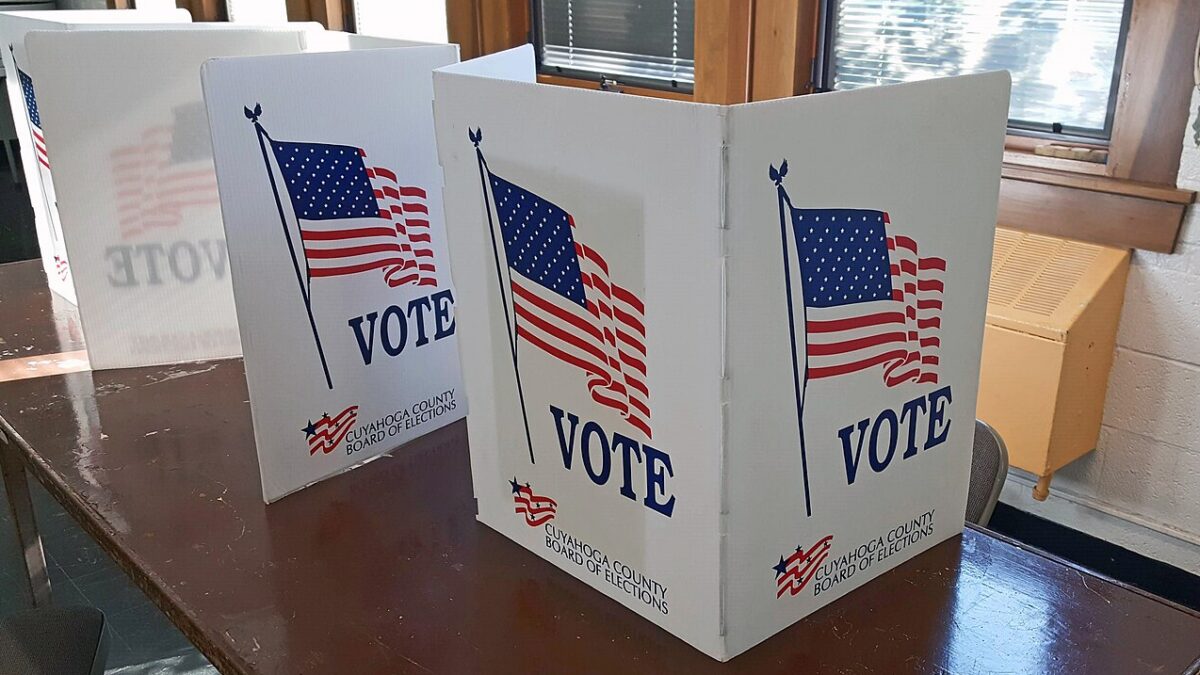
Fear-mongering, especially about how a policy will impact women, has become the Left’s go-to move in just about any debate. Predictably, in advance of the Supreme Court’s decision on King v. Burwell, which will determine if the federal government is illegally giving out health insurance subsidies, Planned Parenthood, the National Women’s Law Center, the National Partnership for Women and Families, other liberal groups (and a complicit mainstream media) are relying on this tried-and-true tactic, claiming that a ruling against the government would “hurt women.”
Women should reject being used, once again, by progressives in this way.
The substance of this claim is that more women than men stand to lose health insurance subsidies if the Supreme Court rules that the Internal Revenue Service (IRS) exceeded its authority by sending subsidies out on behalf of enrollees in Obamacare’s federal exchanges. Yes, more women do receive insurance subsidies than men. In fact, nearly every anti-poverty program, including healthcare programs like Medicaid and Obamacare, enrolls more women than men, because women are more likely to be in poverty. The political Left translates this to mean that any effort to limit anti-poverty programs is an attack on women.
Obamacare Disproportionately Hurts Working Women
But progressives apply this logic selectively. A majority of American employees who work fewer than 40 hours per week are women. This means the employer mandate in Obamacare, which has resulted in reduced hours (and reduced pay) for many of these workers, disproportionately harms women. What do we hear from the Left about this?
Crickets.
Importantly, a ruling in favor of the petitioners in King v. Burwell would free about 57 million people—again, those most likely to be affected are female—from the effects of the employer mandate in their states. These women stand to benefit from a King victory.
The press chooses to ignore this and focus solely on those who might be adversely affected by the ruling, and to exaggerate that harm. Many are guilty of conflating the loss of a tax credit with the loss of all health insurance coverage. This is simply wrong. There are numerous federal and state-level protections that would keep coverage in place or offer special enrollment periods for the affected people.
Furthermore, many in Congress recognize the disruption that King v. Burwell could cause and are preparing legislative responses that would minimize harm for subsidy recipients.
No One’s Arguing We Shouldn’t Help Women
Several reports also exaggerate King v. Burwell’s effect on unrelated parts of Obamacare. For example, two of the most commonly cited “benefits” for women in the law are required maternity coverage and a ban on gender-based pricing. King v. Burwell challenges neither of these requirements.
The Left highlights heart-wrenching personal stories of women who could face hardship depending on the ruling. Of course, we all know women who’ve experienced health struggles like unexpected pregnancies, miscarriage, or various types of cancer. Politics aside, we all want what’s best for the brave women who are fighting for their health and their lives and often facing financial hardship.
That’s why everyone agrees that destitute cancer patients might need government help. Opponents of Obamacare don’t want to live in a society where weak, sick, or poor people cannot access health care. They simply believe there are better ways to solve our system’s access and affordability problems than Obamacare’s massive, complicated matrix of rules, regulations, subsidies, and taxes that refashion our entire healthcare system.
The debate about our healthcare system isn’t whether to help people like LaDonna Applebaum, a cancer patient who worries that King v. Burwell could disrupt her subsidy. The debate is about how to best help her while also creating a system that serves 300-plus million other Americans.
Everyone Can Benefit from Better Laws
And the question being considered by the Court isn’t even whether Obamacare’s approach is the right one, but whether the administrative branch is actually following the law as written. American men and women will ultimately be better served by a system of good governance that makes changes to laws through the constitutional legislative process, not through unauthorized rules promulgated by the IRS.
We can point to individual examples on either side of King v. Burwell and on either side of the larger debate about Obamacare. (Remember another cancer patient, Edie Sundby?) Naturally, when it comes to the very personal issue of health care, different individuals are going to be affected in different ways. But the extremely personal nature of health care is itself perhaps the strongest argument against government intervention, which only serves to limit choices, raise costs, and take away women’s freedom to control their health care and their health-care dollars.
There are better solutions to help women who are truly in need without harming so many others. A ruling in favor of the petitioners in King v. Burwell could be the first step toward those better solutions.



